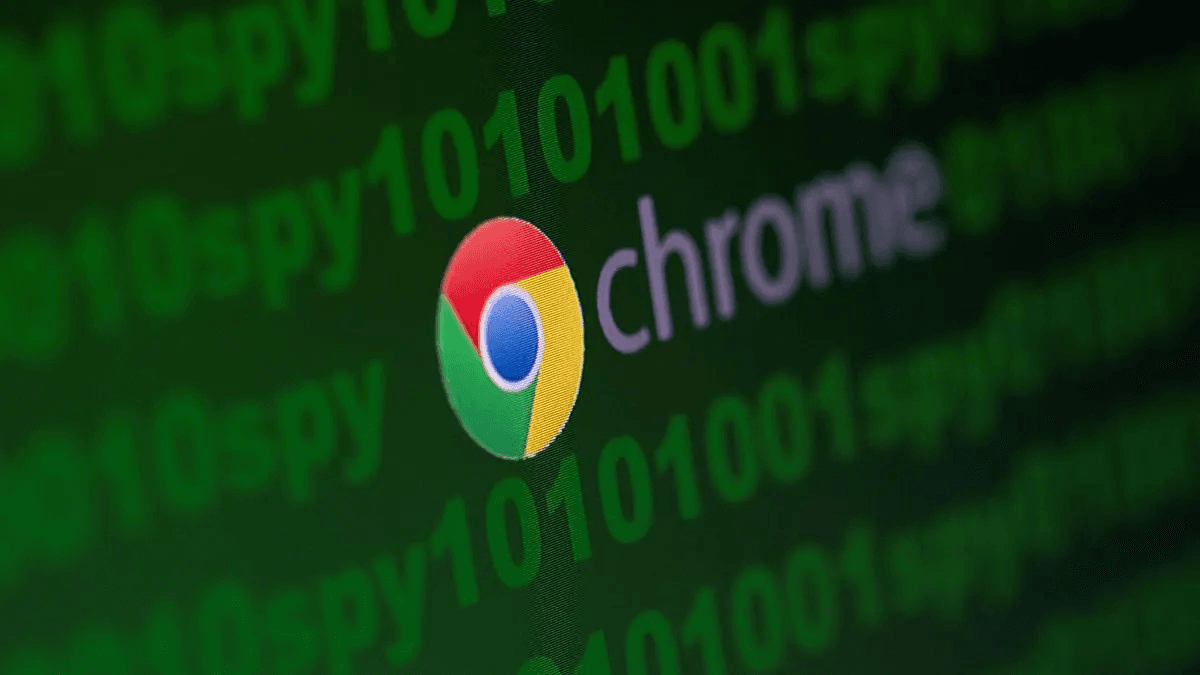
Google Escapes Chrome Breakup But Ordered to Share Data in Landmark Antitrust Ruling
US judge rejects breakup of Chrome and Android but orders Alphabet to share data with rivals, a pivotal step in curbing Big Tech dominance.
Google has avoided the threat of being forced to sell its Chrome web browser, but a US federal judge has ordered the tech giant to share valuable data with competitors to foster greater competition in online search.
The ruling, delivered on Tuesday by District Judge Amit Mehta in Washington, represents a mixed outcome for Alphabet, Google’s parent company, in a five-year antitrust battle with the US Department of Justice. While the company sidestepped a potential breakup of Chrome and Android, it now faces new obligations to grant rivals access to key search data -- a move regulators say is essential to levelling the playing field.
The decision spares Alphabet from the most severe structural remedies prosecutors had sought, including the forced divestiture of Chrome and restrictions on its Android operating system. Such measures, experts argued, could have shaken the foundations of Google’s dominance in global technology markets.
Instead, Judge Mehta’s order allows Google to continue its long-standing practice of paying device makers and distributors to feature its products by default. “Google will not be barred from making payments or offering other consideration to distribution partners for preloading or placement of Google Search, Chrome or its GenAI products,” the ruling stated.
He cautioned that prohibiting such arrangements could cause “substantial -- in some cases, crippling -- downstream harms to distribution partners, related markets and consumers,” underscoring the potential disruptions a broad payment ban could trigger.
The judgment also permits Alphabet to maintain full control of Android, which powers hundreds of millions of smartphones worldwide. Forcing a divestiture, Mehta noted, would have presented “formidable challenges” and undermined user experience.
Still, the mandated data-sharing requirement is being viewed as a significant victory for regulators and competition advocates. Mark MacCarthy, a senior fellow at Georgetown Law’s Institute for Technology Law and Policy, hailed it as “a crucial step in jump-starting competition.” He added that the judge had balanced competition goals with the need to protect user privacy, giving privacy advocates “a fighting chance” to ensure new remedies do not expose consumers to risk.
Google, however, remains wary. Chief executive Sundar Pichai previously warned during the April trial that compulsory data-sharing could enable rivals to “reverse-engineer” the company’s proprietary technology. The company has indicated it will appeal the ruling, a process that could delay enforcement for years.
The decision comes after Judge Mehta found last year that Google operates an illegal monopoly in online search and related advertising. Prosecutors argued that the company leveraged its dominance not only to entrench its control of search but also to extend its reach into emerging artificial intelligence technologies.
Artificial intelligence loomed large in the proceedings, with government lawyers warning that unchecked dominance could allow Google to replicate its control in the next frontier of digital innovation. Alphabet, for its part, argued that structural remedies like breaking up Chrome or Android would stifle innovation rather than promote it.
While the case is far from over, the ruling underscores the growing determination of US regulators to rein in Big Tech power. It also reflects the delicate balancing act courts face: curbing monopolistic practices without upending the technological ecosystem relied upon by billions of consumers worldwide.
For any enquiries please fill out this form, or contact info@thelawreporters.com and Follow The Law Reporters on WhatsApp Channels